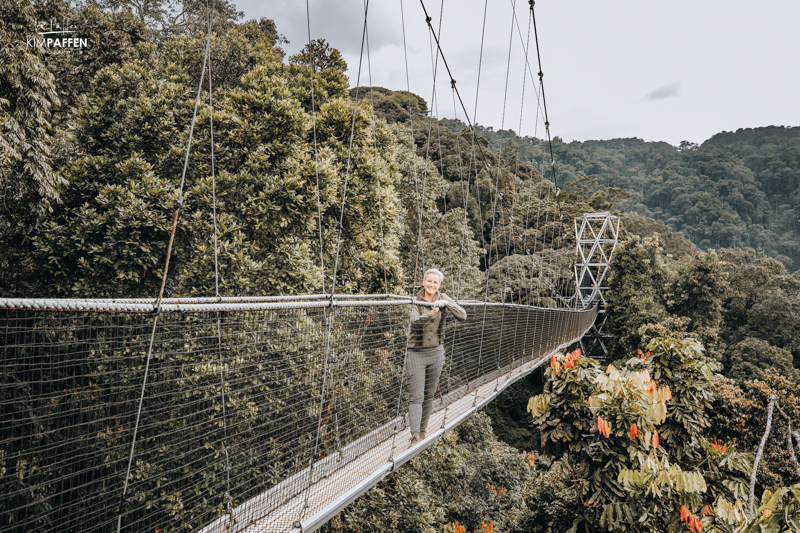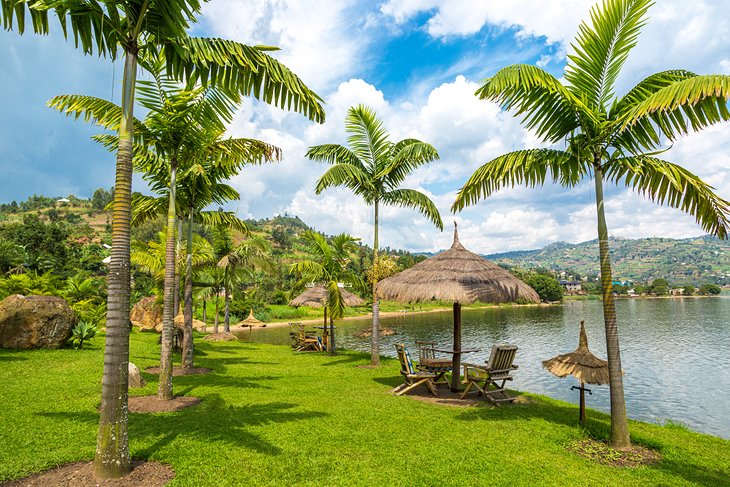Rwanda, often referred to as the “Land of a Thousand Hills,” is a hidden gem in East Africa, boasting breathtaking landscapes, rich culture, and an incredible wildlife experience. This article will guide you through some of the top tourist destinations in Rwanda, sharing personal travel experiences, tips, and essential information to help you make the most of your trip.
Table of Contents
- Overview of Rwanda
- Top Tourist Places in Rwanda
- Travel Tips for Rwanda
- Pros and Cons of Traveling to Rwanda
- FAQs
Overview of Rwanda
Rwanda is a small, landlocked country known for its stunning scenery, diverse wildlife, and vibrant culture. After the tragic events of the 1994 genocide, Rwanda has emerged as a model for recovery and development, showcasing its commitment to peace, biodiversity, and tourism. From the bustling capital of Kigali to the serene shores of Lake Kivu, there’s much to discover in this captivating country.
Top Tourist Places in Rwanda
Kigali: The Heartbeat of Rwanda
Kigali, the capital city, is a blend of modernity and tradition. I remember my first stroll through the clean and vibrant streets, where I was welcomed by friendly locals. The city is filled with museums, cultural centers, and markets that reflect Rwanda’s history and culture.
Must-Visit Spots in Kigali
- Genocide Memorial: A poignant place that commemorates the victims of the 1994 genocide.
- Kigali Convention Centre: An architectural marvel that symbolizes Rwanda’s progress.
- Craft Markets: Perfect for buying local artisan crafts and souvenirs.

Volcanoes National Park: Home of the Gorillas
Visiting Volcanoes National Park was undoubtedly the highlight of my trip. The thrill of trekking through the dense rainforest to see the majestic mountain gorillas in their natural habitat is an experience that words cannot fully describe.
Gorilla Trekking Experience
The trek is challenging, but the reward is breathtaking. Watching these gentle giants interact in their family groups was nothing short of magical. Be sure to book your permits in advance as they are limited and in high demand.
Akagera National Park: Safari Adventure
For wildlife enthusiasts, Akagera National Park offers a different experience from the typical gorilla trekking. I joined a safari tour that took us through savannahs, wetlands, and lakes, where we spotted lions, elephants, and even the rare shoebill stork.
Top Safari Tips
- Book a guided tour for the best wildlife viewing experience.
- Visit in the morning or late afternoon when animals are most active.

Nyungwe Forest National Park: A Biodiversity Hotspot
As I entered Nyungwe, the sounds of chirping birds and rustling leaves enveloped me. This park is home to various primate species, including chimpanzees and colobus monkeys.
Canopy Walk Experience
The canopy walk, suspended high above the ground, offers stunning views of the rainforest and is perfect for photography enthusiasts. Don’t forget your camera!

Lake Kivu: Relaxation and Adventure
After all the trekking, a visit to Lake Kivu was a perfect way to unwind. The peaceful shores and beautiful sunsets provided a backdrop for relaxation. I enjoyed kayaking on the calm waters, which was a refreshing way to soak in the stunning scenery.
Activities on Lake Kivu
- Kayaking and canoeing
- Swimming in designated areas
- Exploring nearby islands

Gisenyi: The Beach Town of Rwanda
Gisenyi, located on the northern shore of Lake Kivu, is famous for its beautiful beaches and laid-back atmosphere. I spent a few days here enjoying the local beaches, where I savored fresh fish grilled to perfection by local vendors.
Local Cuisine to Try
Don’t miss out on tasting local delicacies such as:
- Isombe (cassava leaves with groundnuts)
- Brochettes (meat skewers)
- Freshwater fish from Lake Kivu
Butare (Huye): The Cultural Hub
Butare, known for its educational institutions and museums, offers a glimpse into Rwanda’s rich cultural heritage. Visiting the National Museum of Rwanda in Butare was enlightening—I learned about the country’s history, culture, and art.
What to See in Butare
- National Museum of Rwanda
- Ethnographic Museum
- Local craft shops

Travel Tips for Rwanda
- Visa Requirements: Check visa requirements before your travel; some nationalities can obtain a visa on arrival.
- Health Precautions: Vaccinations such as Yellow Fever are mandatory; consult your doctor before traveling.
- Currency: The local currency is the Rwandan Franc (RWF); ensure you have some cash for local purchases.
- Local Etiquette: Respect local customs and dress modestly, especially when visiting rural areas.
Pros and Cons of Traveling to Rwanda

Pros
- Stunning natural beauty and diverse wildlife.
- Friendly and welcoming locals.
- Rich cultural heritage and history.
- Safe and stable environment for travelers.
Cons
- High cost of gorilla trekking permits.
- Limited public transportation options outside major cities.
- Some areas may experience altitude sickness due to high elevation.
FAQs About Traveling to Rwanda
What is the best time to visit Rwanda?
The best time to visit Rwanda is during the dry seasons, from June to September and December to February, when wildlife viewing is optimal.
Is Rwanda expensive to travel to?
Rwanda can be relatively expensive, particularly in terms of accommodations and activities like gorilla trekking, but budget options are available.
Do I need vaccinations to travel to Rwanda?
Yes, vaccinations for Yellow Fever are mandatory. It’s also advisable to consult your doctor regarding other vaccines.
Can I use US dollars in Rwanda?
US dollars are widely accepted in Rwanda, especially in hotels and tourist areas, but it’s good to have Rwandan Francs for local markets.
Is it safe to travel to Rwanda?
Yes, Rwanda is considered one of the safest countries in Africa, with low crime rates, especially in tourist areas.